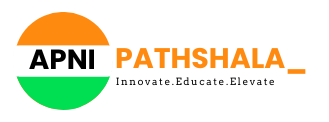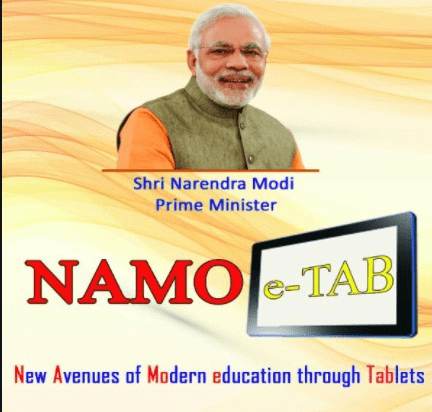Many well-meaning philanthropists , NGOs, educators, politicians and Govt officials naively believe that the easiest way to fix our broken education system is to provide internet access to kids from low income families, so that they have access to the wealth of high quality learning resources available online.
This is a hopelessly naïve dream for multiple reasons . For one thing, poor kids have multiple disadvantages , which have nothing to do with their lack of access to technology , but everything to do with their low socio-economic status , which means that simply providing them with PCs will not solve this problem . It’s all very well to talk about giving them tablets at home , but unless they have a supportive home environment that encourages them to study , and they have enough free time to be able to do so , this is going to remain a pipe dream.
Many NGOs use corporate CSR funds to donate PCs to the Government schools to which these kids go with the hope that this will bridge the digital divide. However, the reality is that schools are designed to complete the curriculum , and most kids will never get a chance to use the PC , because this is not part of their syllabus . Most school teachers feel that teaching kids how to use PCs becomes an additional burden for which they don’t get paid any extra , so they aren’t very supportive of this in real life. They prefer sticking to the old chalk-and-talk lecture method they have been using for years, and see no need to change. Principals are happy to pose with donors in these fancy new PC labs, but most of these PCS remain locked up in cupboards, and kids get to use them for only 1-2 hours every week, which defeats the entire purpose of the PC !
Many of these PCs break down, and there is no budget to maintain and repair them, so they soon become obsolete white elephants.
Governments are happy to tom-tom about how they are digitizing schools by providing them with PCs, but most of these schools do not have WiFi, as a result of which the kids can’t access the internet, and these remain as show-pieces, to be trotted out during photo-ops with visiting dignitaries !
This means that the utilisation of these PCs is very poor , and the big problem is that no one is really tracking the learning outcomes achieved by these technological interventions , as a result of which most of them end up doing very little good to the end users .
This is the problem we are solving at www.apnipathshala.org by running various experiments to see how community-based digital learning pods can help to make education available, accessible and affordable !

